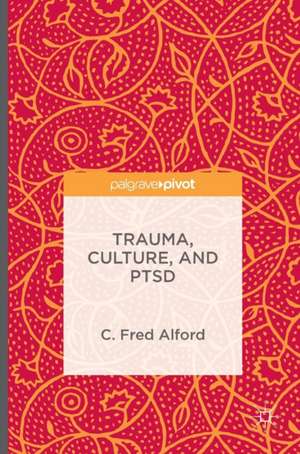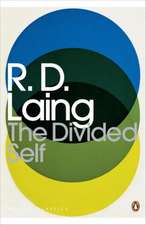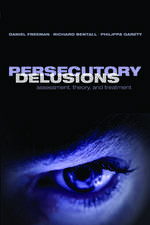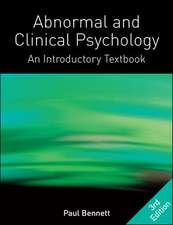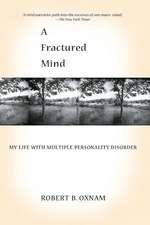Trauma, Culture, and PTSD
Autor C. Fred Alforden Limba Engleză Hardback – 10 iun 2016
| Toate formatele și edițiile | Preț | Express |
|---|---|---|
| Paperback (1) | 444.13 lei 6-8 săpt. | |
| Palgrave Macmillan US – 30 mai 2018 | 444.13 lei 6-8 săpt. | |
| Hardback (1) | 450.71 lei 6-8 săpt. | |
| Palgrave Macmillan US – 10 iun 2016 | 450.71 lei 6-8 săpt. |
Preț: 450.71 lei
Nou
Puncte Express: 676
Preț estimativ în valută:
86.25€ • 89.50$ • 72.09£
86.25€ • 89.50$ • 72.09£
Carte tipărită la comandă
Livrare economică 15-29 martie
Preluare comenzi: 021 569.72.76
Specificații
ISBN-13: 9781137575999
ISBN-10: 1137575999
Pagini: 121
Ilustrații: VII, 125 p.
Dimensiuni: 148 x 210 x 13 mm
Greutate: 0.33 kg
Ediția:1st ed. 2016
Editura: Palgrave Macmillan US
Colecția Palgrave Macmillan
Locul publicării:New York, United States
ISBN-10: 1137575999
Pagini: 121
Ilustrații: VII, 125 p.
Dimensiuni: 148 x 210 x 13 mm
Greutate: 0.33 kg
Ediția:1st ed. 2016
Editura: Palgrave Macmillan US
Colecția Palgrave Macmillan
Locul publicării:New York, United States
Cuprins
Introduction .- 1. PTSD Is a Culturally Bound and Imperialistic Concept: That’s Not All Bad. .- 2. Trauma Is a Political Issue. Chronic Trauma Is an: Invisible Way of Life. .- 3. Extreme Trauma and its Intergenerational Transmission .- 4. The Meaning of Trauma and the Place of Neuroscience .- 5. Conclusion: How Massive Trauma Works.
Recenzii
“Well structured, thoughtful and written in such a way that the rigour and critical engagement the author brings to his topic does not reduce the pleasure in reading this volume. The author communicates complex ideas without obscuring them. … The book elegantly summarises the relevant models and how they might apply to an understanding of trauma.” (Andrew Beck, The Journal of Critical Psychology, Counselling and Psychotherapy, Vol. 18 (1), March, 2018)
Notă biografică
C. Fred Alford is Professor of Government and Politics and Distinguished Scholar-Teacher at the University of Maryland, College Park, USA. He is author of over fifteen books on moral psychology, including Trauma and Forgiveness (2013).
Textul de pe ultima copertă
This book examines the social contexts in which trauma is created by those who study it, whether considering the way in which trauma afflicts groups, cultures, and nations, or the way in which trauma is transmitted down the generations. As Alford argues, ours has been called an age of trauma. Yet, neither trauma nor post-traumatic stress disorder (PTSD) are scientific concepts. Trauma has been around forever, even if it was not called that. PTSD is the creation of a group of Vietnam veterans and psychiatrists, designed to help explain the veterans' suffering. This does not detract from the value of PTSD, but sets its historical and social context. The author also confronts the attempt to study trauma scientifically, exploring the use of technologies such as magnetic resonance imagining (MRI). Alford concludes that the scientific study of trauma often reflects a willed ignorance of traumatic experience. In the end, trauma is about suffering.
